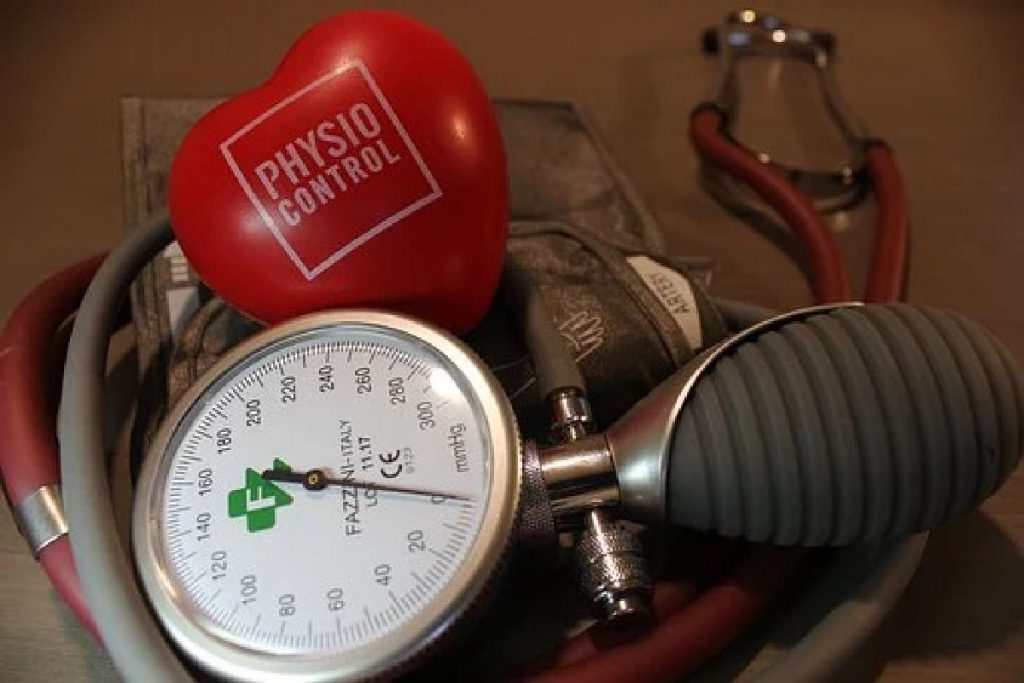Table of Contents
What is Hypertension?
Hypertension is a condition in which the blood force against the arteries’ walls is too high. Hypertension is generally defined as blood pressure above 140/90 and is serious if the pressure is above 180/120.
High blood pressure often has no symptoms. Over time, if left untreated, it leads to health problems, such as heart disease and stroke. A healthier diet with less salt, regular physical activity, and medicine can help lower blood pressure.
High blood pressure (hypertension) is a condition in which the long-term force of blood against the walls of the arteries is high enough to cause health problems, such as heart disease eventually.
It is “the silent killer” because most of the time, people with it have no visible symptoms. In addition, it is one of the leading causes of an increased risk of heart, kidney, and brain diseases.
Diet and Hypertension Management
Here are some foods that can help you control high blood pressure:
Salmon: Fatty fish like salmon, mackerel, and sardines are rich in healthy fats and omega-3 fatty acids. Besides being suitable for high blood pressure, these foods can improve bone health and cognitive function.
Beans: It’s time to keep high blood pressure and other health complications at bay and add beans to your diet. With beans, you can get your dose of magnesium, potassium, and fiber with variety and flavor.
Green Veggies – For good reason, older people encourage younger people to eat their veggies. Vegetables such as spinach, kale, and broccoli are rich sources of magnesium, calcium, and potassium to help people with high blood pressure.
Chicken: Avoid the consumption of foods rich in fat in cases of hypertension. Lean meats like chicken and turkey are low in calories and fat and loaded with protein. It can be an excellent food option for people with blood pressure problems.
Berries – Add variety and color to your diet with strawberries, blueberries, raspberries, and blackberries. It can help you meet your antioxidant and fiber needs, making it easier to manage high blood pressure.
Lifestyle Management And Hypertension
Here are some lifestyle changes you can make to control high blood pressure:
Losing weight – Being overweight and obese can increase your risk of developing high blood pressure and other health complications, such as bone problems and cardiovascular disease. To prevent this from happening, start working on a weight management plan.
Don’t Skip Exercise – Exercise is a great way to maintain a healthy weight, improve flexibility, and improve muscle and bone health. A healthy body can significantly reduce the risk of developing high blood pressure.
Say no to smoking, moderate alcohol, and caffeine consumption: Alcohol consumption and smoking can increase blood pressure. Also, it can expose the body to bone problems, obesity, erectile dysfunction, and cancer.
Practice Stress Relief Methods – Stress can cause your blood pressure to rise significantly. Therefore, practice relaxation methods such as yoga, meditation, walking, and aromatherapy to control high blood pressure.
Blood Pressure Levels and Doctor Appointments – Make sure to check your blood pressure daily and keep up with your doctor’s appointments.
Symptoms of Hypertension
The majority of people with high blood pressure have no signs or symptoms, even if their blood pressure readings reach dangerously high levels.
Some people with high blood pressure may have headaches, shortness of breath, or nosebleeds. Still, these signs and symptoms are nonspecific and usually only appear when hypertension has reached a severe or life-threatening stage.
Causes of Hypertension
- Obstructive sleep apnea
- Kidney disease
- Adrenal gland tumors
- Thyroid problems
- Certain defects you were born with (congenital) in your blood vessels.
- Certain medications, such as birth control pills, cold remedies, decongestants, over-the-counter pain relievers, and some prescription medications
- Illegal drugs, such as cocaine and amphetamines
Treatment for Hypertension
- Eat healthy food and a heart-healthy diet
- Reduce the salt intake in your diet
- keep a healthy weight
- Increase physical activity
- Limit alcohol
- Do not smoke
- To manage stress, Check your blood pressure at home
